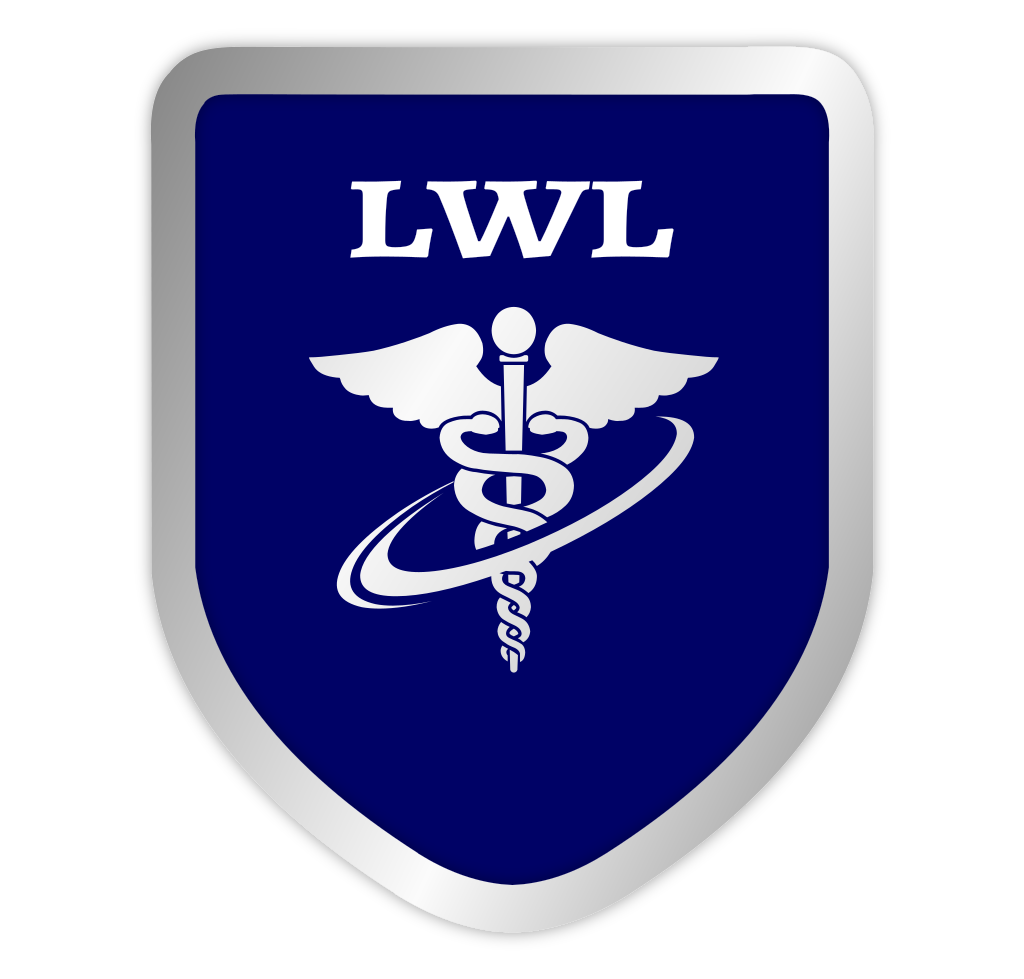Thanksgiving Hangover
Let’s be frank: if you don’t feel sick, or wiped out, or at least a little winded after Thanksgiving dinner, you’rein the minority. Regardless of the original spirit of the season or the historical pretenses of the event itself, the True American Tradition of Thanksgiving Dinner is to stuff your fat face full of delicious food: deep-fried turkey, succulent maple-glazed smoked ham, carrots and potatoes swimming in soft pools of melted butter, green beans fortified with bacon and/or cream, and (in particular for my family) wine, whiskey, and at least half a dozen different desserts. The holiday is an excuse for gluttony and excess.
But.
Even though it is a given that abusing your body in such a way (in any way, really) will bring with it some obvious consequences, the plain fact is that bodies are instruments just like any other—if you learn your favorite song on a guitar that’s tuned wrong, it may sound perfectly fine until you play along with a recording. It’s not the way the song was meant to be played. My point is that I expected the same thing I expect every year: I would participate fully in my family’s Thanksgiving feast, spend the rest of the day slowly digesting my stomach contents like a kind of accelerated hibernation, and the next day resume my normal life. But instead I got a three-day food hangover. THREE DAYS. Which means I am typing this on Sunday the 26th and yes, I still feel terrible. The reason why, as best as I can figure out, is that I have slowly been recalibrating my body to be more in tune with weight loss and muscle retention and just played a song in a totally different key .
How about instead of making an analogy, I just make some assumptions hopefully everyone can agree on:
1. Calorically fortifying food makes sense in certain applications (e.g., boosting the protein and fat content in nutrient-rich, low-net-carb vegetables), but when every part of a meal is fortified in this way, the resulting energy intake can be astounding.
2. Consuming thousands of calories in a single meal, especially when said meal is followed by, let’s say, a nap and a few rounds of cards (or maybe just sitting on a couch and actually physically feeling the liquid fat congeal into solid brick matter clogging all your veins and pores) is not generally thought of as a healthy choice by anyone.
3. If you are otherwise living an active, healthy lifestyle, this sudden change in diet will bring about a stronger reaction than if you regularly eat a high-fat, high-carb diet.
The realization here, for me, is yet another reminder of how poorly I was eating before I started with Lifelong Weight Loss, and how much better I feel in general when living healthy. There are things I miss about my old diet, but all it takes is a day or two of slipping into old habits to notice how good I have been feeling lately by changing my way of life and how I think about food.
Here’s to healthy eating.
Daniel Millwee, guest blogger
